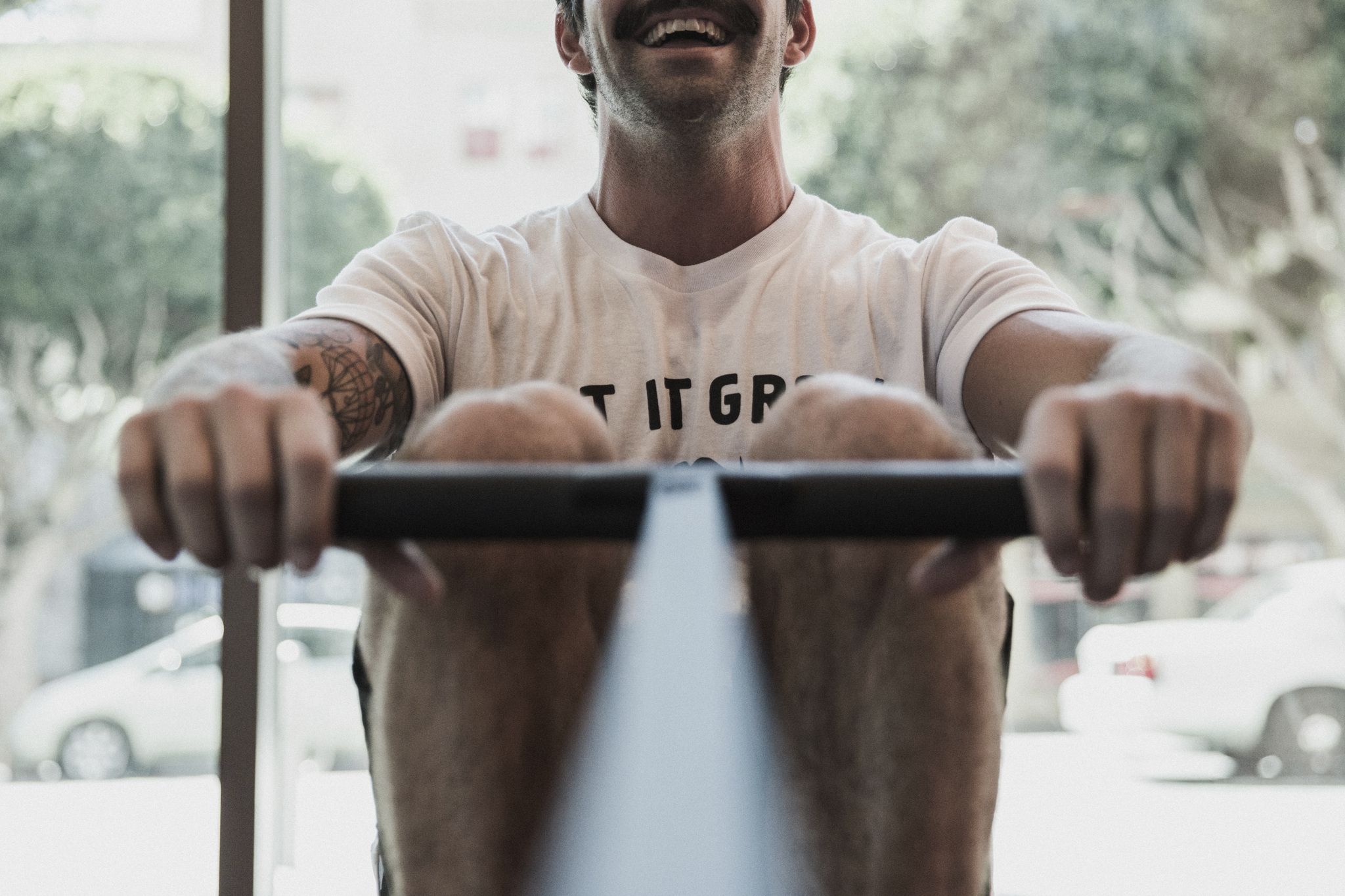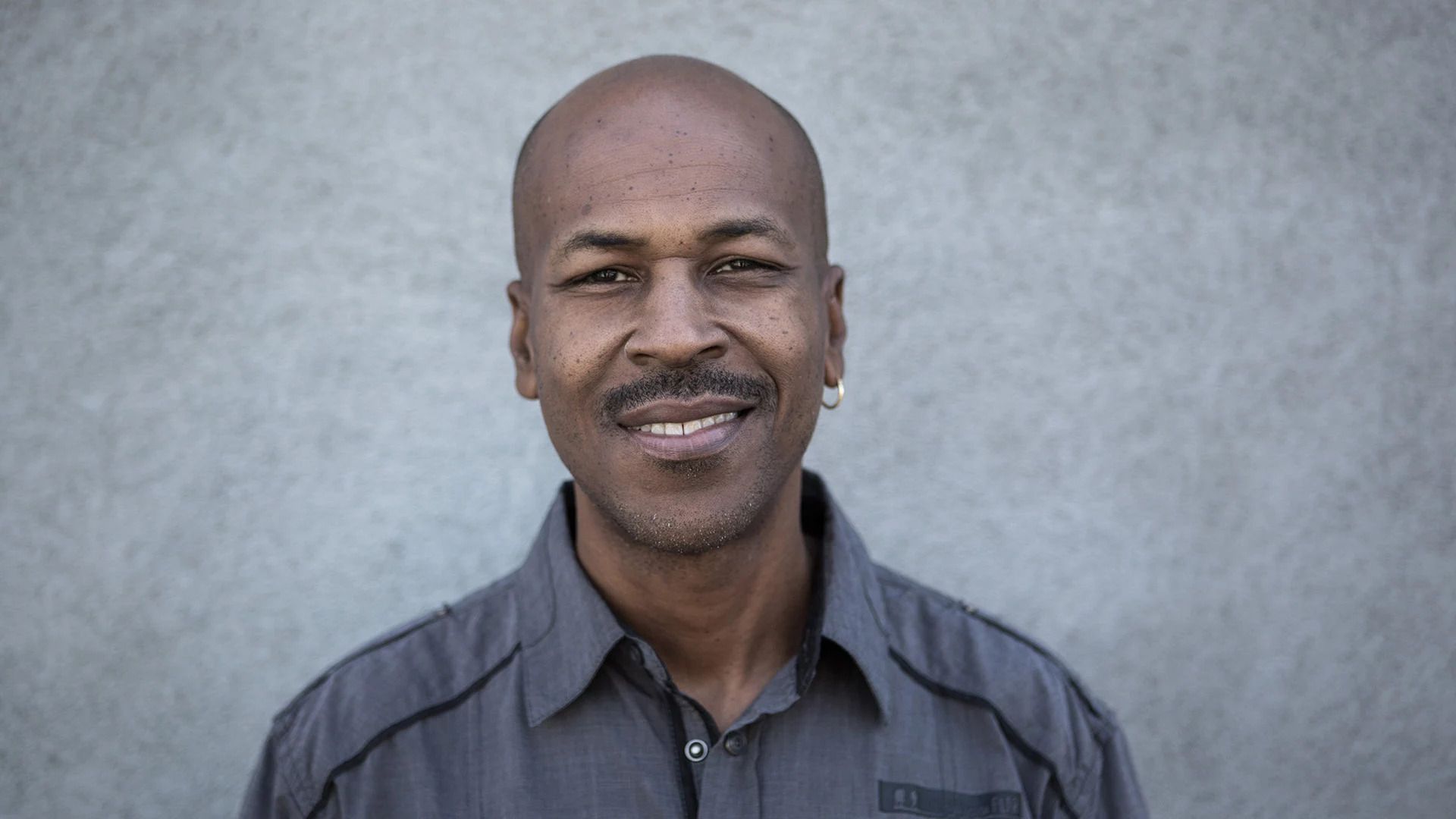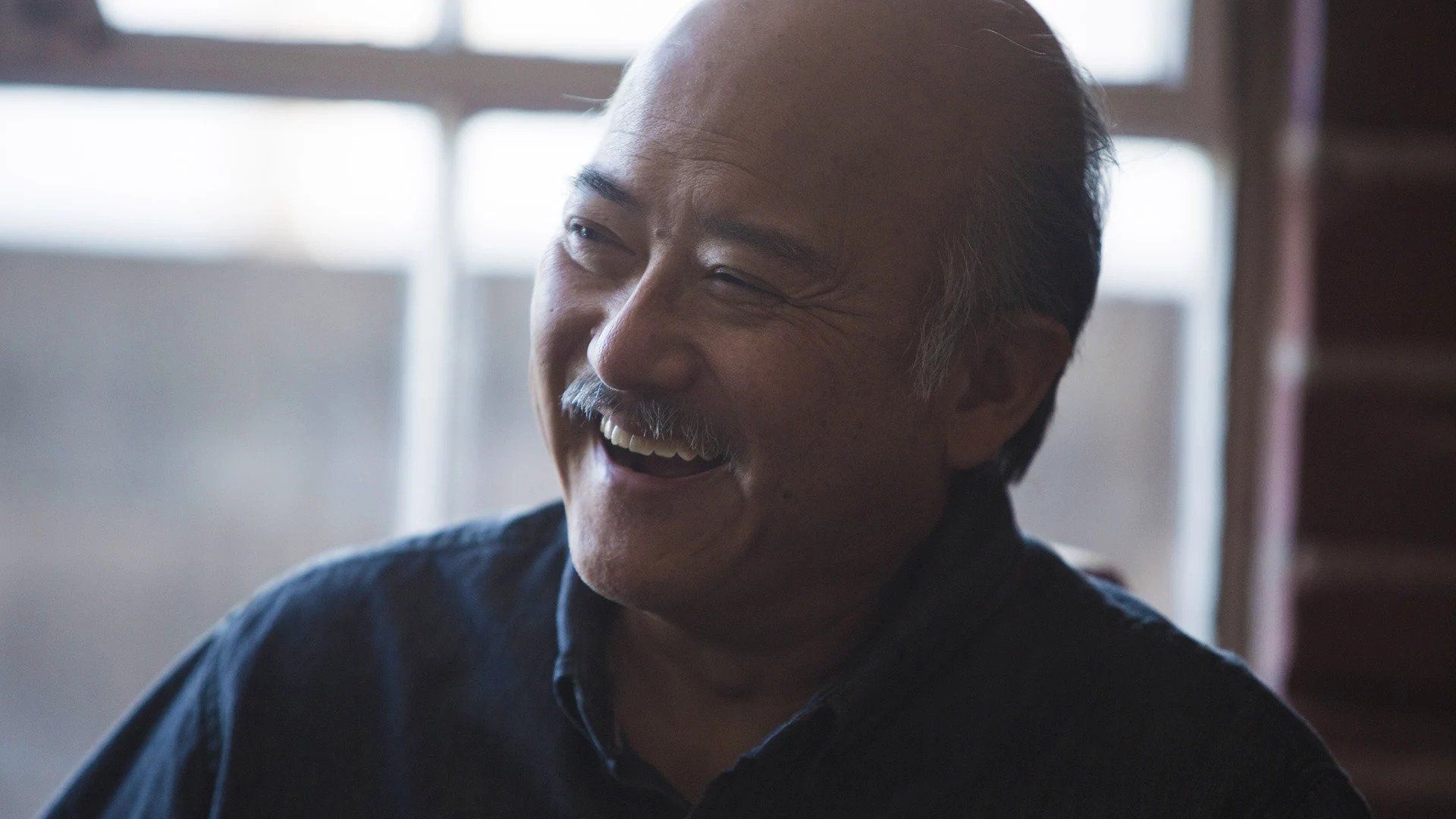if you have a man in your life who has put off going to the doctor because he’s “fine” and doesn’t need to see anyone for that ailment he’s been complaining about, you’re not alone. roughly 65 per cent of men forgo seeing a healthcare provider for as long as possible, a startling statistic that paints a rather bleak picture of men seeing their health needs as less than essential.
dr. dean elterman, a urologic surgeon and associate professor with university health network (uhn), often works with men and their varying health needs and sees firsthand the challenges faced by men in the healthcare system, as well as those imposed on themselves, that keep them from proactively taking care of their physical and mental health.
“men’s health has its own unique needs and challenges,” he said, later continuing, “the ripple effect from having healthy members of society is important, and certainly men, we know, die earlier. men have more years of living in poor health, and they don’t go to see doctors. so, all this coupled together gives us an understanding and the need to address men’s health issues unique to them.”
identifying the causes
for many men, the lack of motivation to prioritize their health is driven by many factors. one of those is the fear of showing weakness and vulnerability in front of others because, for many, admitting they need to see a doctor is acknowledging that they are not as manly as they think.
 7 minute read
7 minute read



















